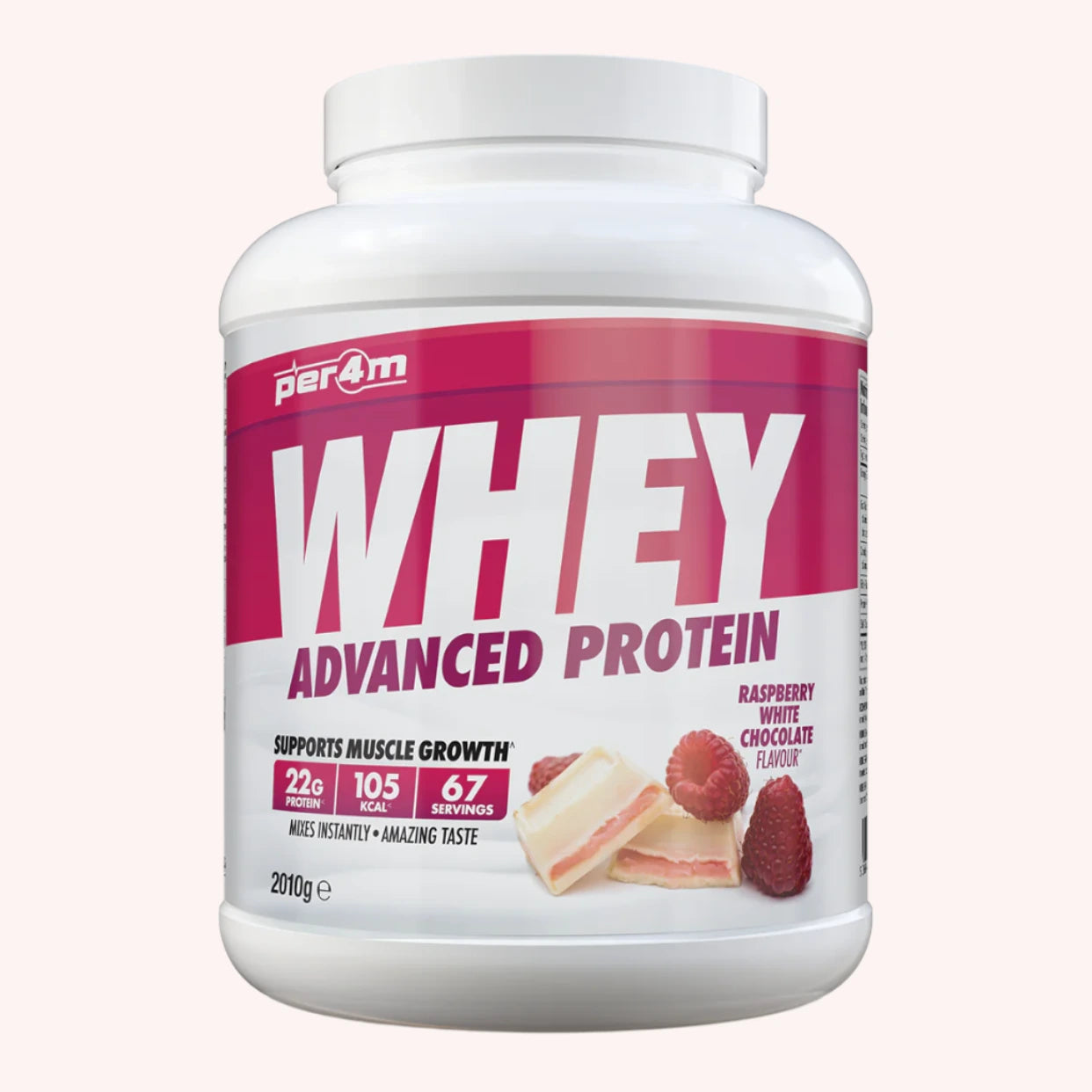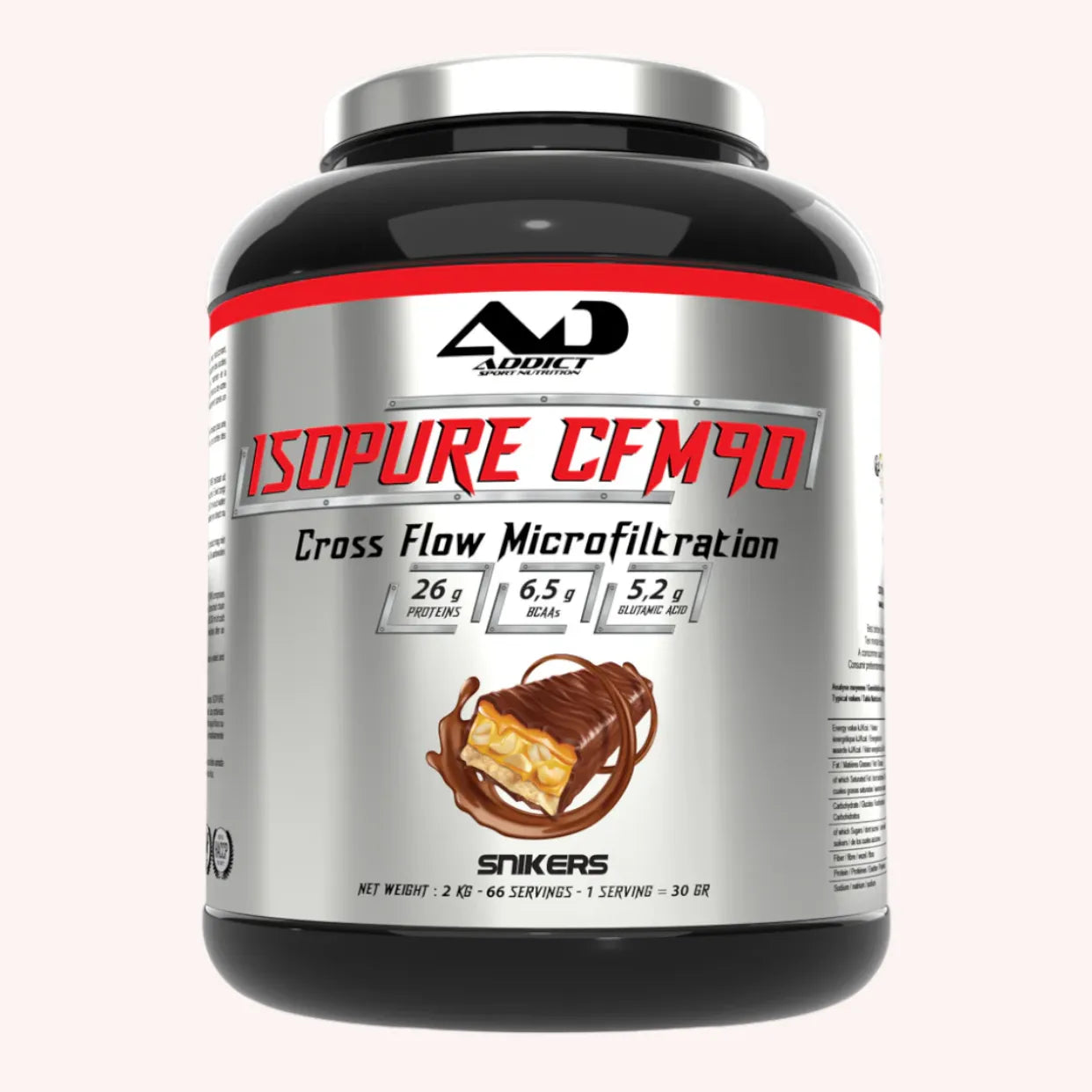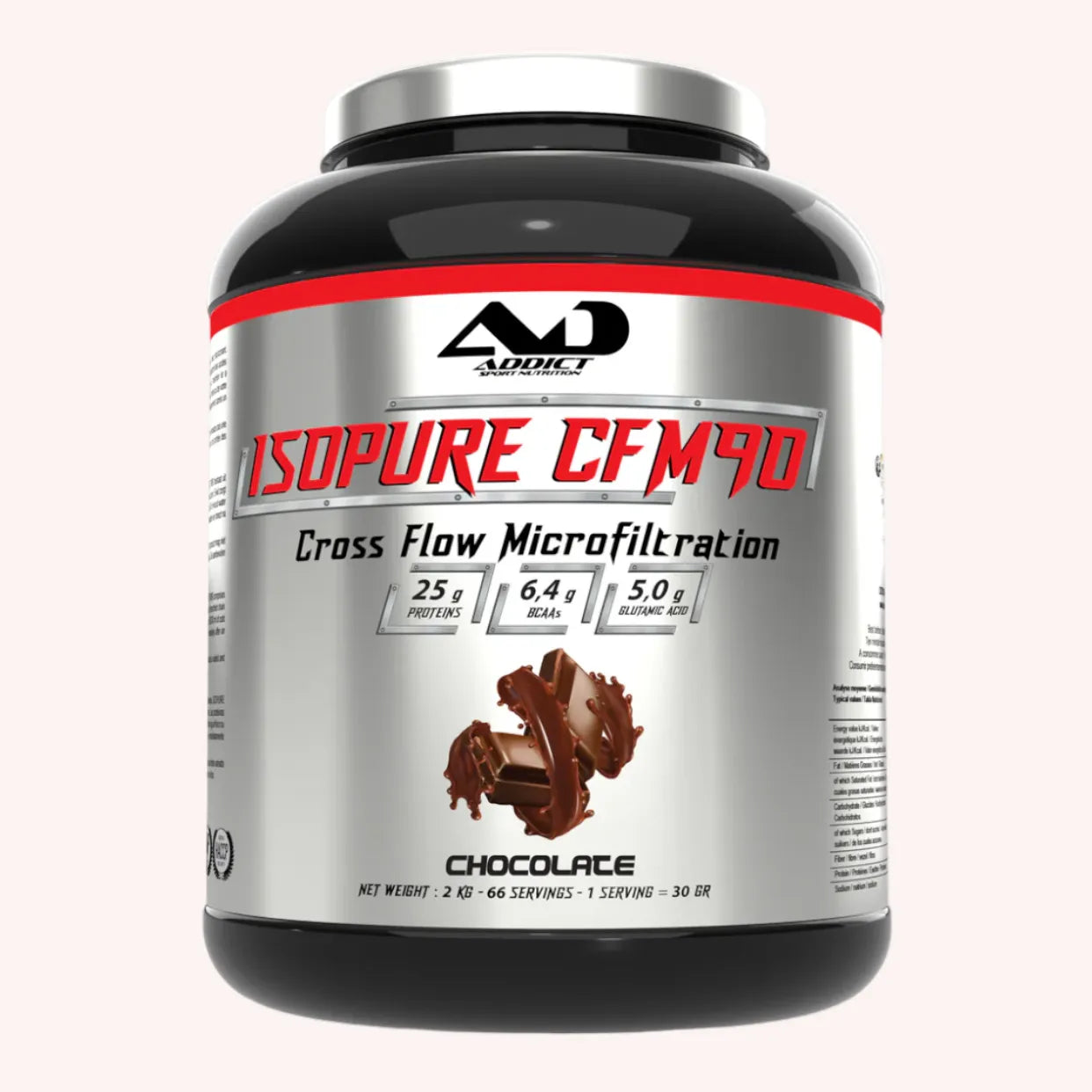Muscle recovery is essential for progressing in your athletic practice. Proper recovery helps prevent injuries and pain and helps you make the necessary adjustments that result in gains in strength, endurance, and muscle volume. In this article, we'll give you some tips to improve your muscle recovery so you can get the most out of your workouts.
Sleep, an invaluable ally for recovery
Sleep is arguably one of the most important aspects of muscle recovery. During this period when the body is at rest, many physiological functions are active, including the repair of muscles damaged during exercise and the release of anabolic hormones such as testosterone and growth hormone .
Improve the quality of your sleep
To fully benefit from the effects of sleep on muscle recovery, it's important to get enough sleep and quality sleep. Here are some tips to help you achieve this:
- Maintain a regular sleep rhythm: By going to bed and getting up at fixed times every day, the body gets used to this rhythm and the quality of sleep is improved.
- Promote a calm and sleep-friendly environment: It is important to create a serene atmosphere in the bedroom, with a cool temperature, complete darkness and the absence of disturbing noises.
- Focus on relaxation before going to sleep: To help you fall asleep, it may be helpful to establish a relaxing routine before going to bed, such as taking a warm bath or practicing some relaxation exercises.
Get enough sleep to allow your muscles to repair themselves
The ideal amount of sleep can vary from person to person, but generally, it's recommended to get between 7 and 9 hours of sleep per night . That said, some people may need more sleep, especially athletes or those who participate in intense sports. Don't hesitate to listen to your body and adjust the amount of sleep you get according to your needs.
Hydration as the key to muscle recovery
Water makes up nearly 75% of a muscle's composition and plays a crucial role in the recovery process after exercise. Proper hydration helps eliminate metabolic waste accumulated during exercise more quickly, thus promoting the repair of damaged muscle fibers.
Adopt a winning hydration strategy
For more effective muscle recovery through hydration, here are some tips to follow:
- Drink regularly throughout the day, not just during or after training.
- Choose drinks rich in electrolytes, such as mineral water or fruit juice, to restore your fluid balance more quickly and avoid cramps.
- Watch for signs of dehydration such as dark urine, excessive thirst, or decreased energy.
Consider active rehydration
After intense exercise, you can also use active rehydration to promote better muscle recovery. This simply involves engaging in light activity while staying hydrated (for example, walking, cycling, swimming, etc.).
Nutrition: A key role in muscle recovery
After physical exertion, the body's energy reserves are depleted and muscle fibers are damaged. To facilitate recovery and repair this damage, it is crucial to adopt a suitable diet, including:
- Proteins: These nutrients help repair and build muscle fibers. Protein sources can be animal (meat, fish, eggs, dairy) or plant-based (legumes, whole grains, seeds, etc.).
- Carbohydrates: These help replenish energy reserves and prevent fatigue. It's important to favor complex carbohydrates (whole grains, legumes, vegetables) over simple sugars (candy, cookies, soda), which cause blood sugar spikes.
- Vitamins and minerals: These micronutrients play an essential role in energy production, immune system function, and cell protection against oxidative stress. Magnesium is a notable example, and a deficiency can lead to cramps and sleep disturbances. To meet your vitamin and mineral needs, it's recommended to consume fresh fruits and vegetables daily, as well as foods rich in magnesium, such as oilseeds or certain mineral waters.
Essential dietary supplements for better recovery
While a balanced and varied diet generally covers the nutrient needs essential for muscle recovery, certain situations may require additional intake in the form of food supplements:
- During a sudden increase in training volume or intensity: This can lead to excess energy consumption and increased nutrient requirements, particularly in high-level athletes.
- In case of proven deficiencies: Despite an appropriate diet, some individuals may lack certain nutrients, such as iron or magnesium, a deficiency of which can impact their recovery.
However, it is recommended to consult a health professional before consuming food supplements, in order to determine whether they are really necessary and adapted to your specific needs.
The importance of stretching and active rest
Stretching helps improve muscle flexibility and reduce stiffness that may occur after exercise. In addition to promoting better blood circulation, it helps reduce pain and soreness.
Active rest: Optimized recovery
After intense exercise, it's important to alternate between rest periods and workouts to allow the body to recover properly. Active rest, which consists of gentle physical activities (walking, yoga, swimming), promotes blood circulation and helps eliminate waste produced during exercise. In addition, these activities help maintain joint mobility and improve muscle flexibility.
Use passive recovery methods
Finally, several techniques and tools can be used to promote muscle relaxation and improve your overall recovery. Among the most common:
- Self-massage with a foam roller helps release tension accumulated in muscles and fascia.
- Hot baths (with Epsom salt for magnesium) or cold baths can help reduce inflammation and promote better blood circulation.
- The use of electromagnetic rehabilitation ( EMS ) devices helps speed up the natural recovery process by stimulating muscles with pulses of electrical current.
Muscle Recovery: In Summary
By applying these various tips and advice, you should be able to significantly improve your muscle recovery and thus progress more effectively in your sports practice. Remember that each individual is different and that certain methods may be better suited to your specific needs: So don't hesitate to test them and adapt your habits accordingly.










